Question And Answer
Publications
Articles, publications, books, tools and multimedia features from the U.S. Institute of Peace provide the latest news, analysis, research findings, practitioner guides and reports, all related to the conflict zones and issues that are at the center of the Institute’s work to prevent and reduce violent conflict.
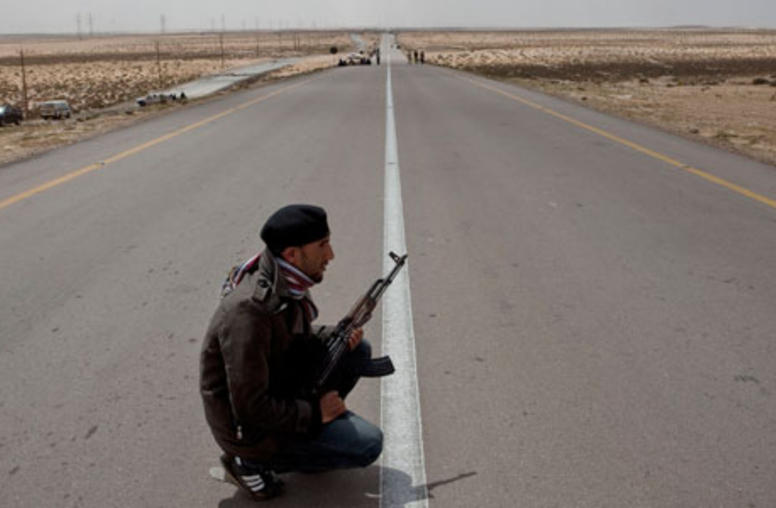
Al-Qaida on the Rise in North Africa?
USIP’s Dan Brumberg considers the potential for al-Qaida’s growth in North Africa, and the challenge this poses to U.S. relationships with the new, post-conflict governments in the region.
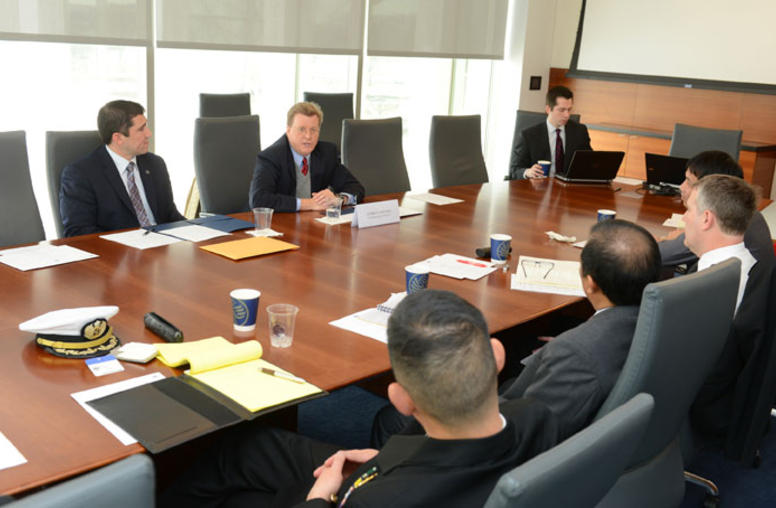
Naval Attaches Briefed on U.S. China Policy at USIP
USIP held the second in a new series of meetings with Asia-Pacific naval attaches in Washington on January 25, providing a briefing on U.S. policy toward China. The broader initiative—Naval Attache Roundtable Meetings—aims to deepen exchanges on a region of vital strategic and economic importance toward which the U.S. government is “rebalancing” its foreign policy.
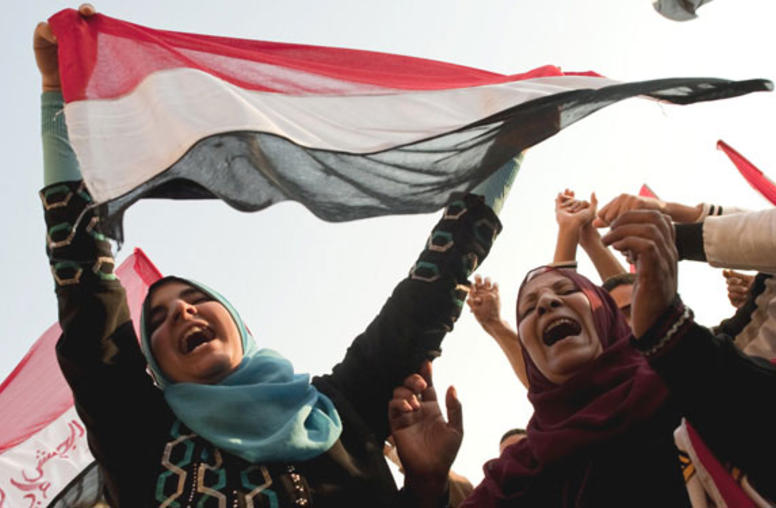
USIP Experts Launch Mideast Security Series at Wilson Center Event
A new strategic landscape is emerging in the Middle East as authoritarian states such as Russia and China attempt to use the upheaval of the Arab Spring to increase their regional influence and strengthen their efforts to pose a counterweight to U.S. power and Western norms on democracy and human rights, USIP’s Daniel Brumberg and Steven Heydemann said at a public forum on January 29.
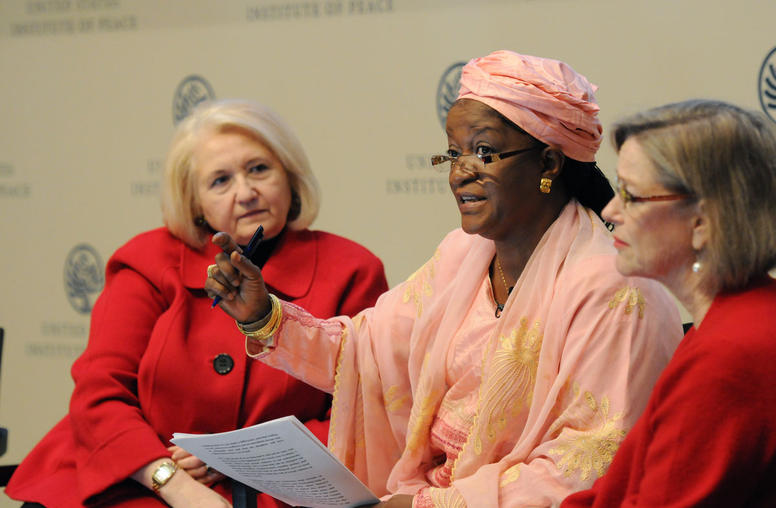
U.N. Special Representative Calls for Greater Steps to End `Scourge’ of Sexual Violence in War
Speaking at a major conference held at USIP, former Sierra Leone policymaker and diplomat Zainab Hawa Bangura appealed for greater political will, public determination, and improved technical capacity to prevent and prosecute the “vile crime.” The effects of continued impunity devastate survivors and weaken a society’s ability to recover from war.
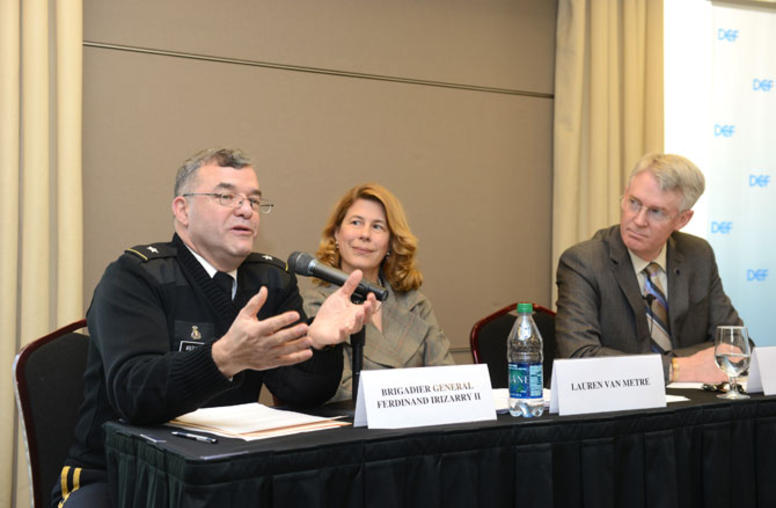
USIP, ROA Hold Forum on “Training for War and Fragile Peace”
The U.S. Institute of Peace (USIP) and the Reserve Officers Association held a joint program on Capitol Hill on February 12 to explore new education and training approaches to help U.S. troops better prepare for complex missions in fragile and conflict states.

Syria: Regional Fallout from the Civil War
In the first in a USIP series on “sleeper risks” in 2013, possible regional effects of Syria’s civil war are examined. If the regime of Bashar Al-Assad falls back into an Alawite-dominated area under intensifying rebel pressure, the fragmentation of the Syrian state could encourage Kurdish and other separatism, raising questions about the post-Ottoman state system in the Levant.
Nuclear Nonproliferation: A Corroding International Regime
Risks to the international nuclear non-proliferation regime are growing. Nuclear challenges posed by Iran and North Korea are deepening, and other states might begin to hedge their bets with nuclear moves of their own in reaction to a more dangerous strategic environment.
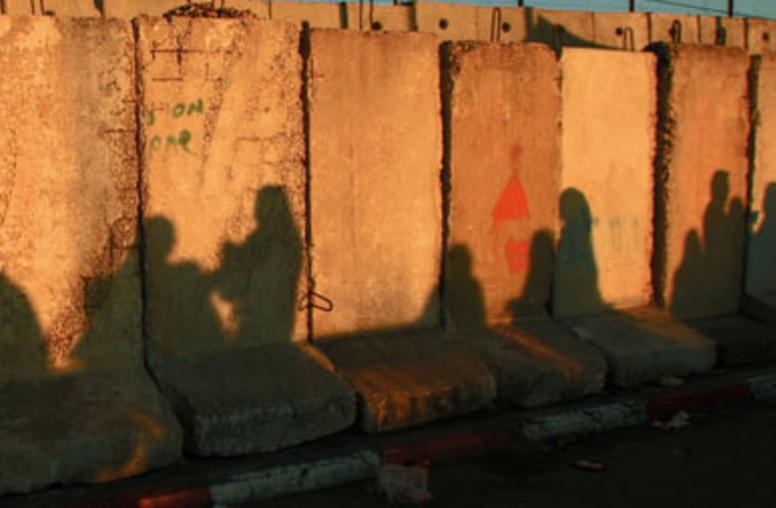
The Israeli-Palestinian Standoff: More Risks Emerging
The hobbled Palestinian economy, the weakness of the Fatah-led Palestinian Authority that governs much of the West Bank and the dormancy of the peace process together may be increasing the risk of a deterioration of the conflict and an rise in violence on the West Bank in 2013. USIP’s continuing series on “sleeper risks” takes a closer look at this potentially explosive dynamic.
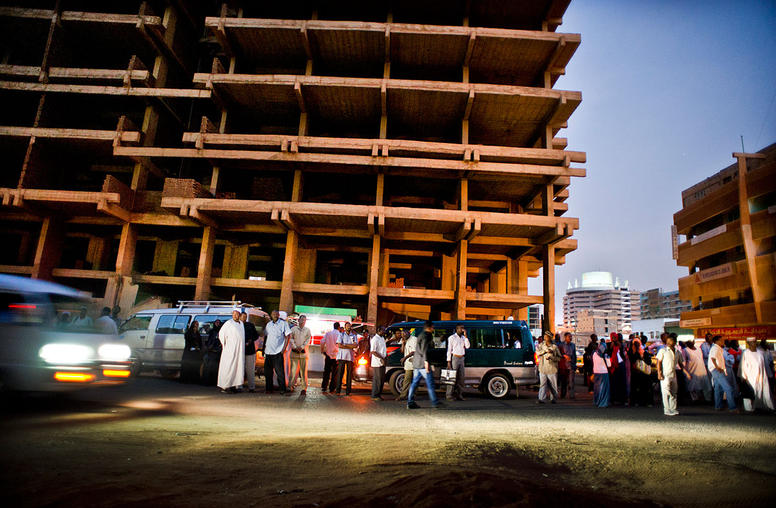
Sudan: Economic Pressures Building
USIP’s continuing series on “sleeper risks” examines how Sudan’s economic crisis may be the single most important factor in the country’s overall trajectory this year, and could very well tear the country apart.
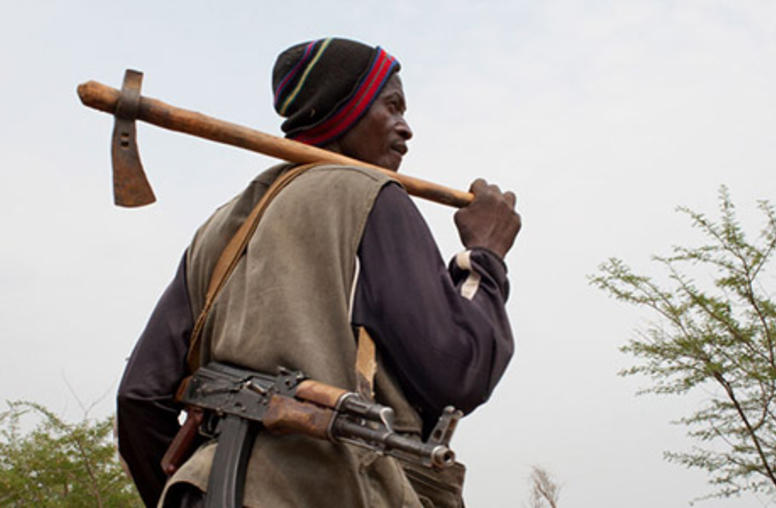
South Sudan: Undemocratic Tendencies on the Rise
South Sudan may be the world’s newest country, but its five-decade struggle for freedom, peace, and independence from Sudan won wide international support and led to formal statehood on July 9, 2011. Though long-term hopes for a successful democracy remain high and the young government in Juba enjoys significant U.S. and international support, South Sudan’s initial period as a nation-state has included some troubling signs of heavy-handed, undemocratic actions.